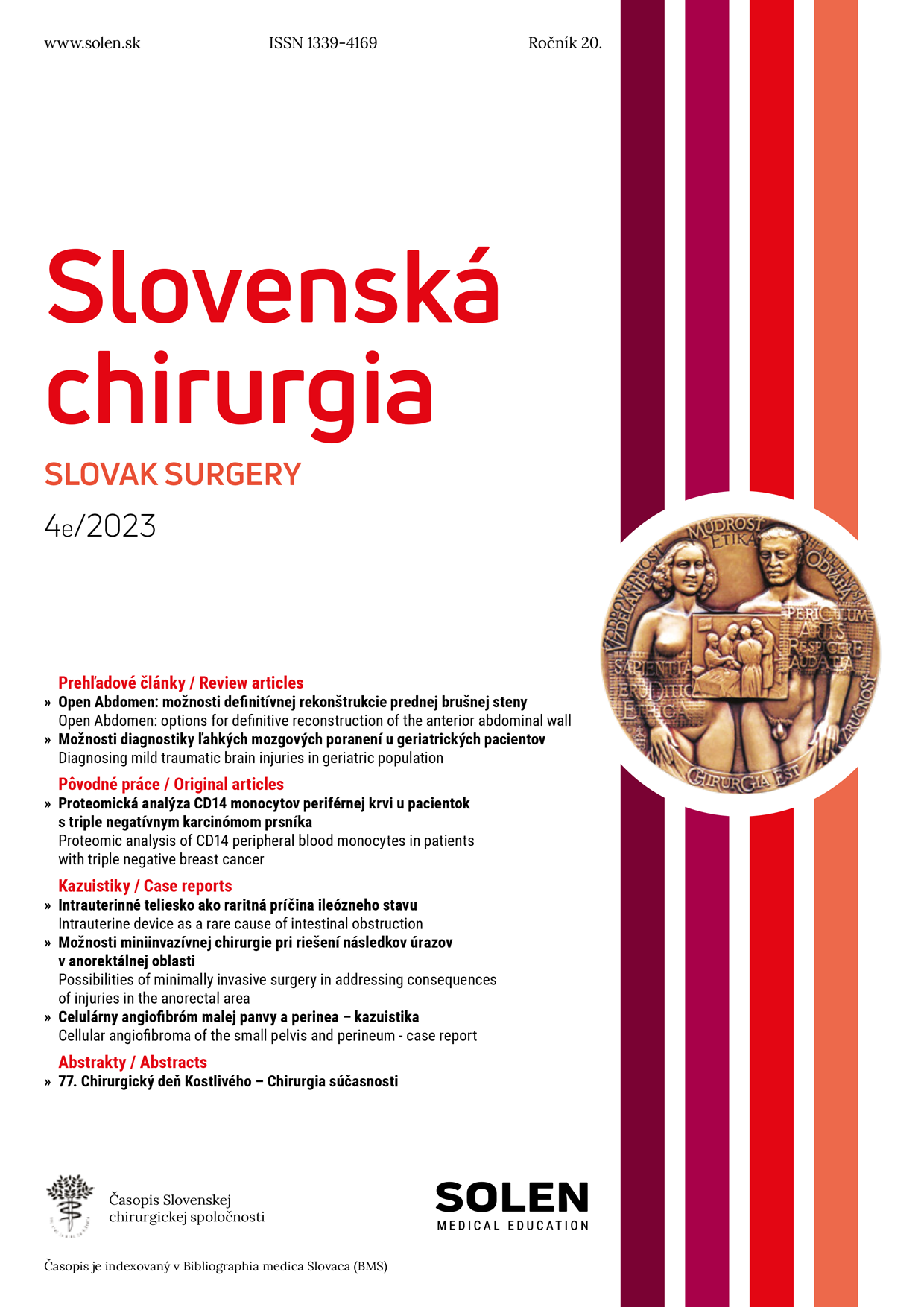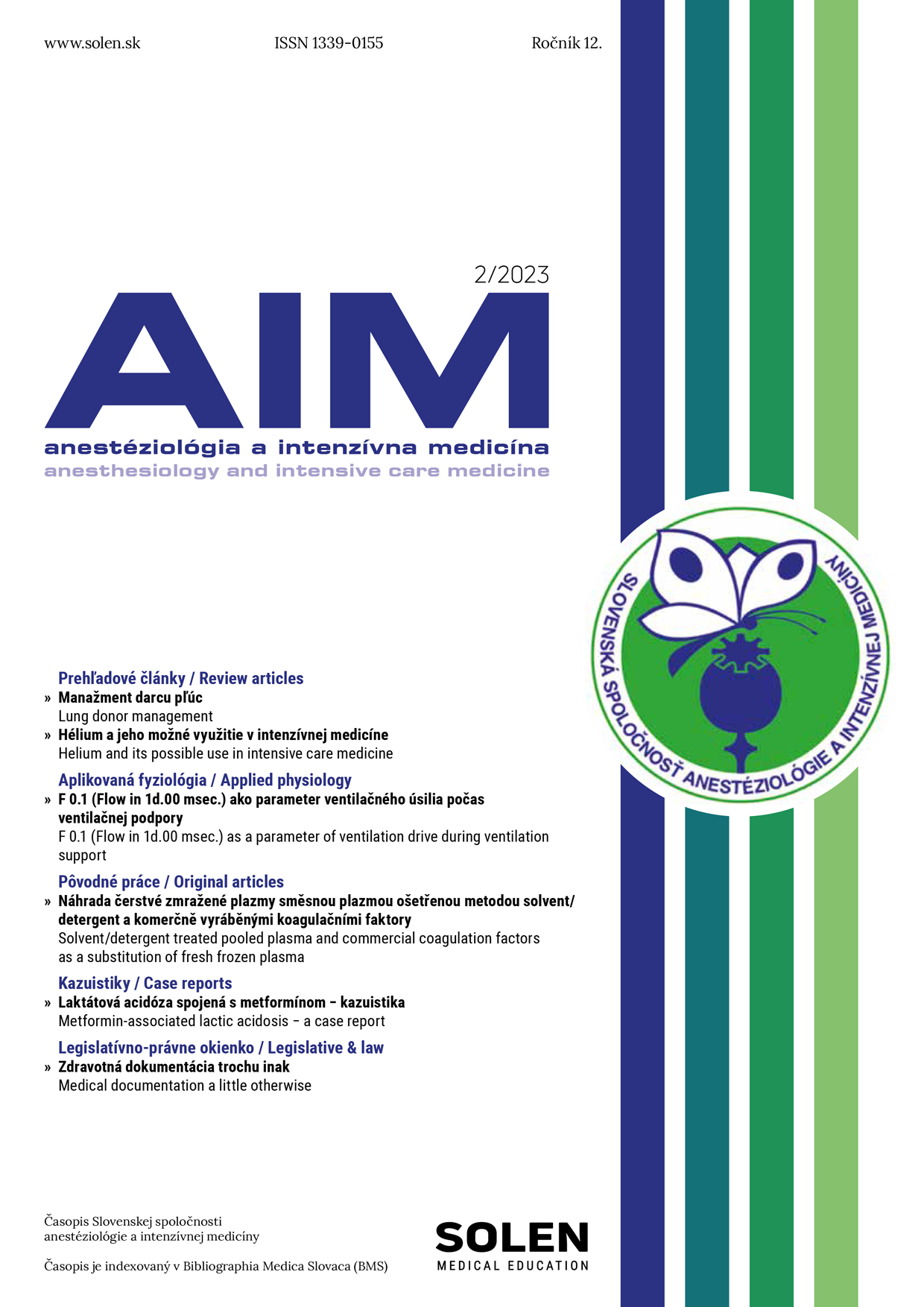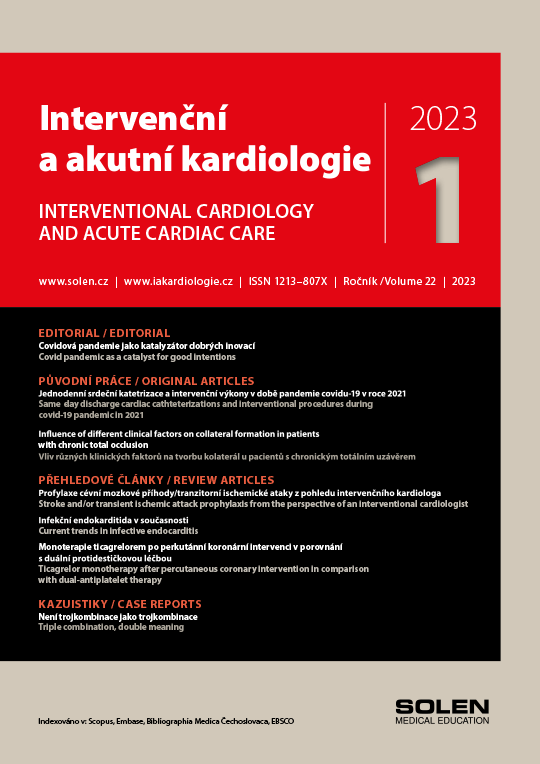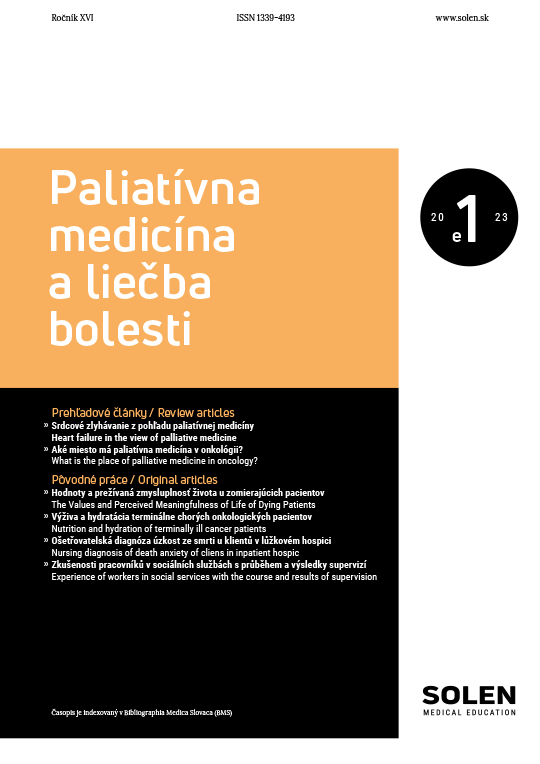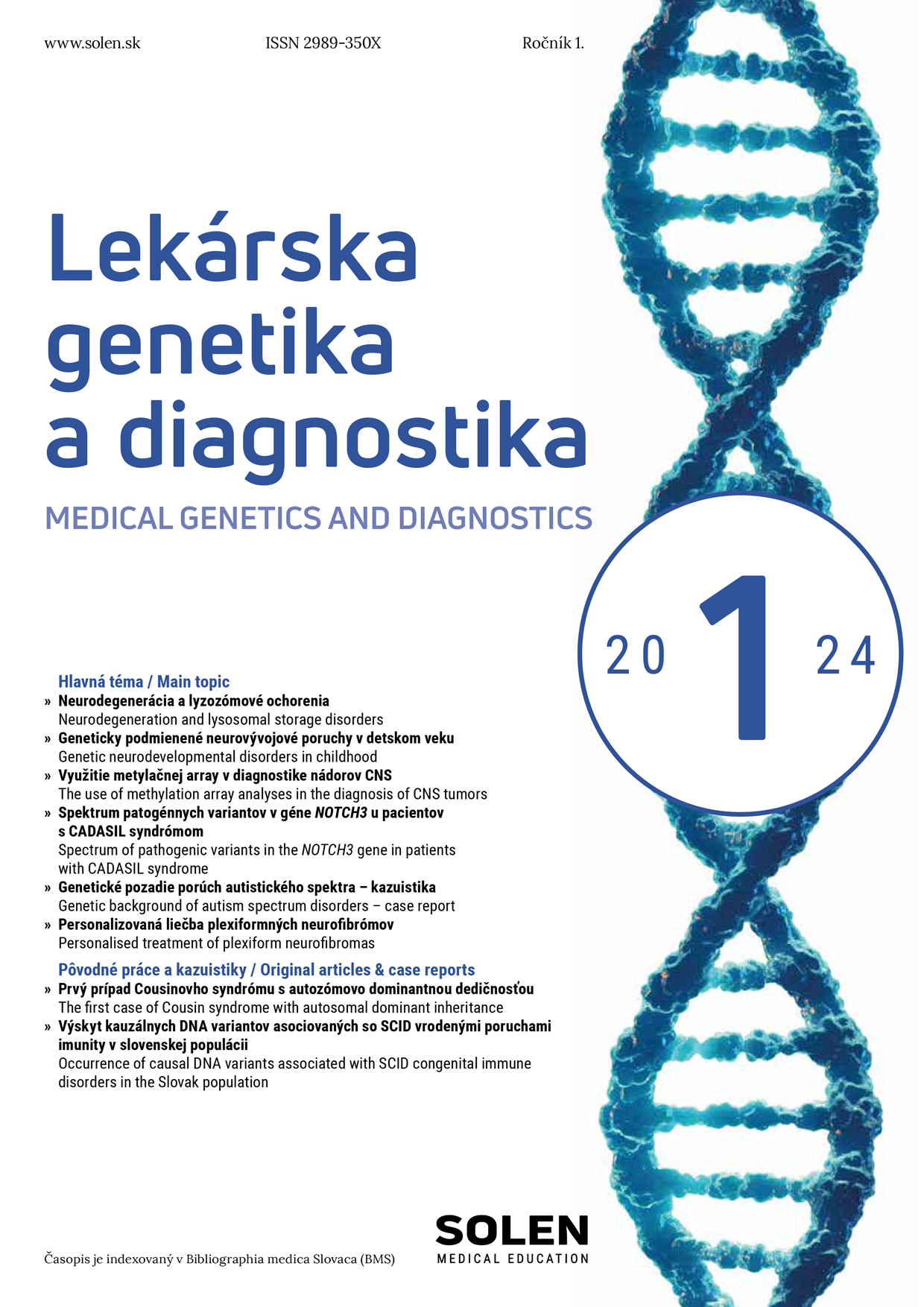Praktické lekárnictvo 3/2013
História, diagnostika a skúsenosti pacientov so sklerózou multiplex
Mgr. Ivana Pankuchová, MUDr. Ľubica Procházková, CSc., PharmDr. Adela Čorejová, PhD.
Skleróza multiplex je neurologické ochorenie chronického charakteru, ktoré je v súčasnosti nevyliečiteľné. V posledných rokoch sa pozoruje jej zvýšená incidencia nielen vo svete, ale aj u nás. Prispievajú k tomu aj nové technológie a diagnostické metódy, ktoré urýchľujú jednoznačné potvrdenie diagnózy. Rýchlejšia diagnostika pomáha napríklad u pacientov s relaps-remitujúcou formou rýchlejšiemu nasadeniu imunomodulačnej terapie, ktorá bráni progresii ochorenia. Skleróza multiplex je nepredvídateľné ochorenie a má rôzne podoby prejavu, ktoré sa líšia od pacienta k pacientovi. Farmakoterapia výrazne mení kvalitu života pacienta, a tým aj ďalší manažment a stratégiu liečby. Vplyv imunomodulačnej liečby môže byť u každého pacienta iný a rovnako aj jej vnímanie samotným pacientom. Pri získavaní informácií o imunomodulačnej liečbe a jej vplyve na stav a kvalitu života pomáhajú aj skúsenosti samotných pacientov so sklerózou multiplex.
Kľúčové slová: relaps-remitujúca forma sklerózy multiplex, interferónová a neinterferónová terapia, spokojnosť pacientov s terapiou.
History, diagnosis and experiences of patients with multiple sclerosis
Multiple sclerosis is a chronic neurological disease, which is currently incurable. In recent years, we observed an increased incidence of this disease in the world, in our country. New technologies and diagnostic methods are contributing to it such observations because they accelerate unambiguous confirmation of the diagnosis. Faster diagnostics helps in patients with relapsing-remitting form of the disease to faster initiation of an immunomodulatory therapy which prevents disease progression. Multiple sclerosis is the unpredictable disease and has different forms of expression, which varies from patient to patient. Pharmacotherapy significantly changes the quality of life of the patient, and thus the further treatment management and strategy. An effect of the immunomodulatory treatment may be different in each patient as well as its perception by the patient. In obtaining of the information on the immunomodulatory therapy and its impact on the status and quality of life help also the experiences of the patients with multiple sclerosis.
Keywords: relapsing-remitting form of multiple sclerosis, interferon and non-interferon therapy, patients satisfaction with the therapy.


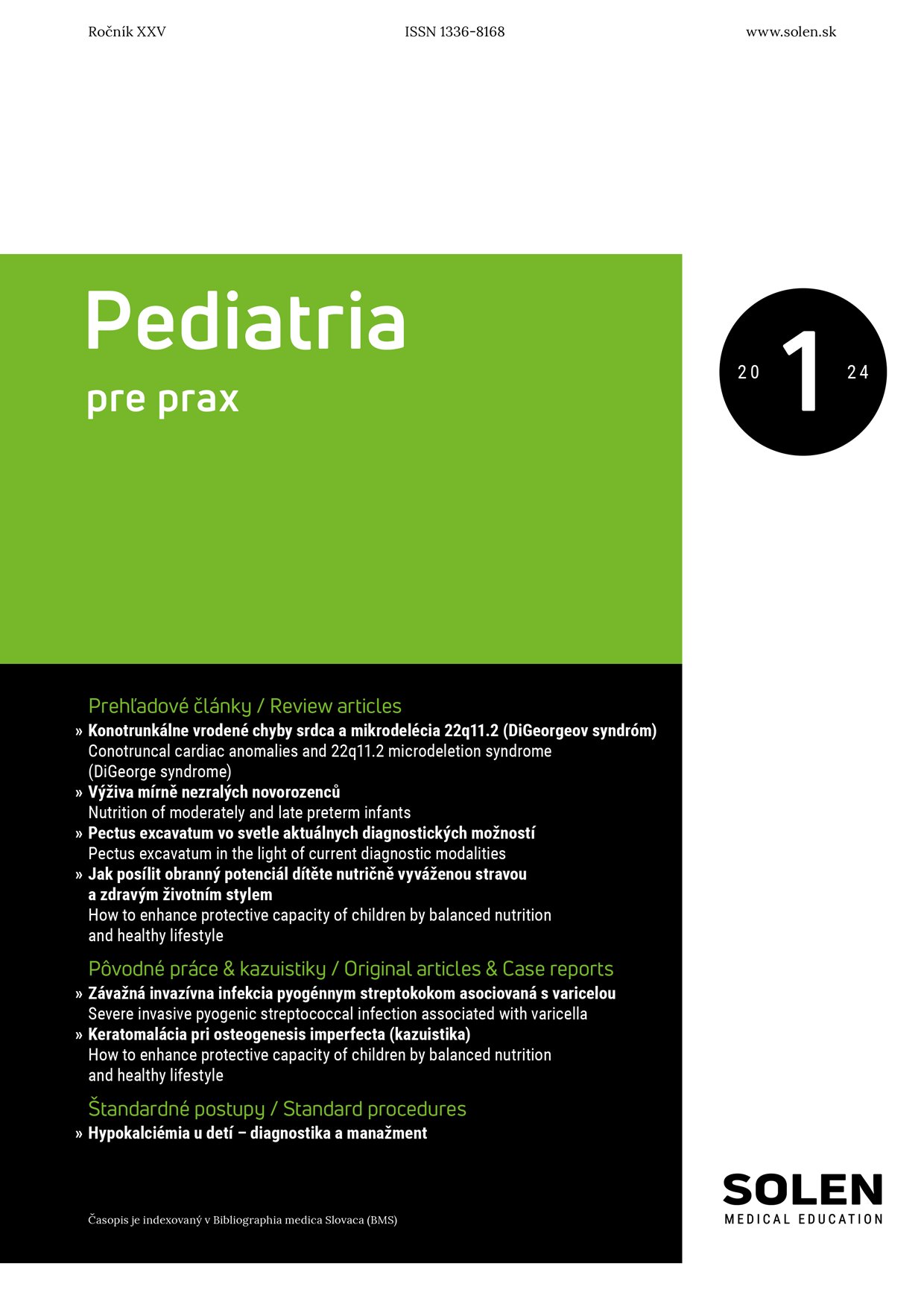
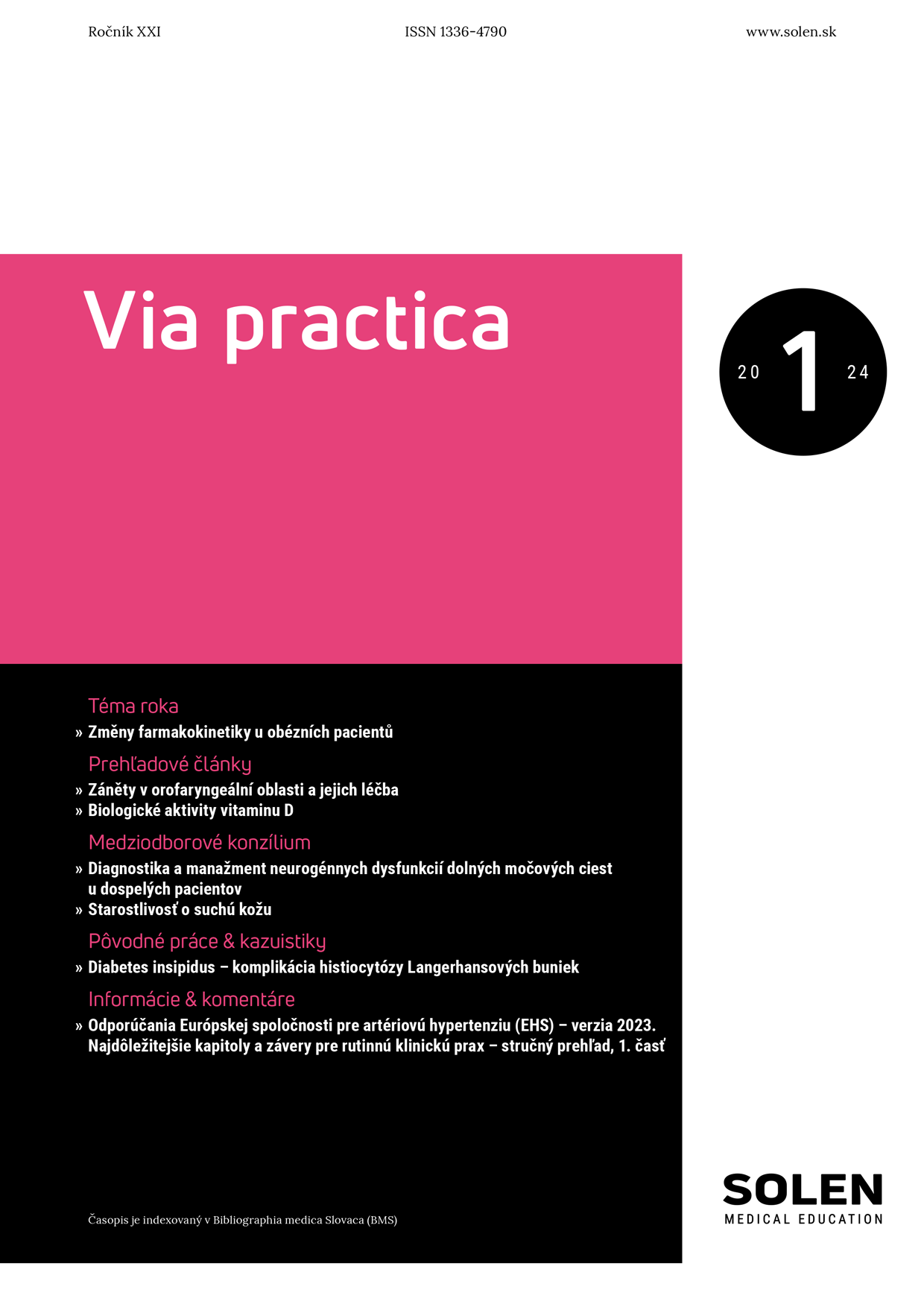
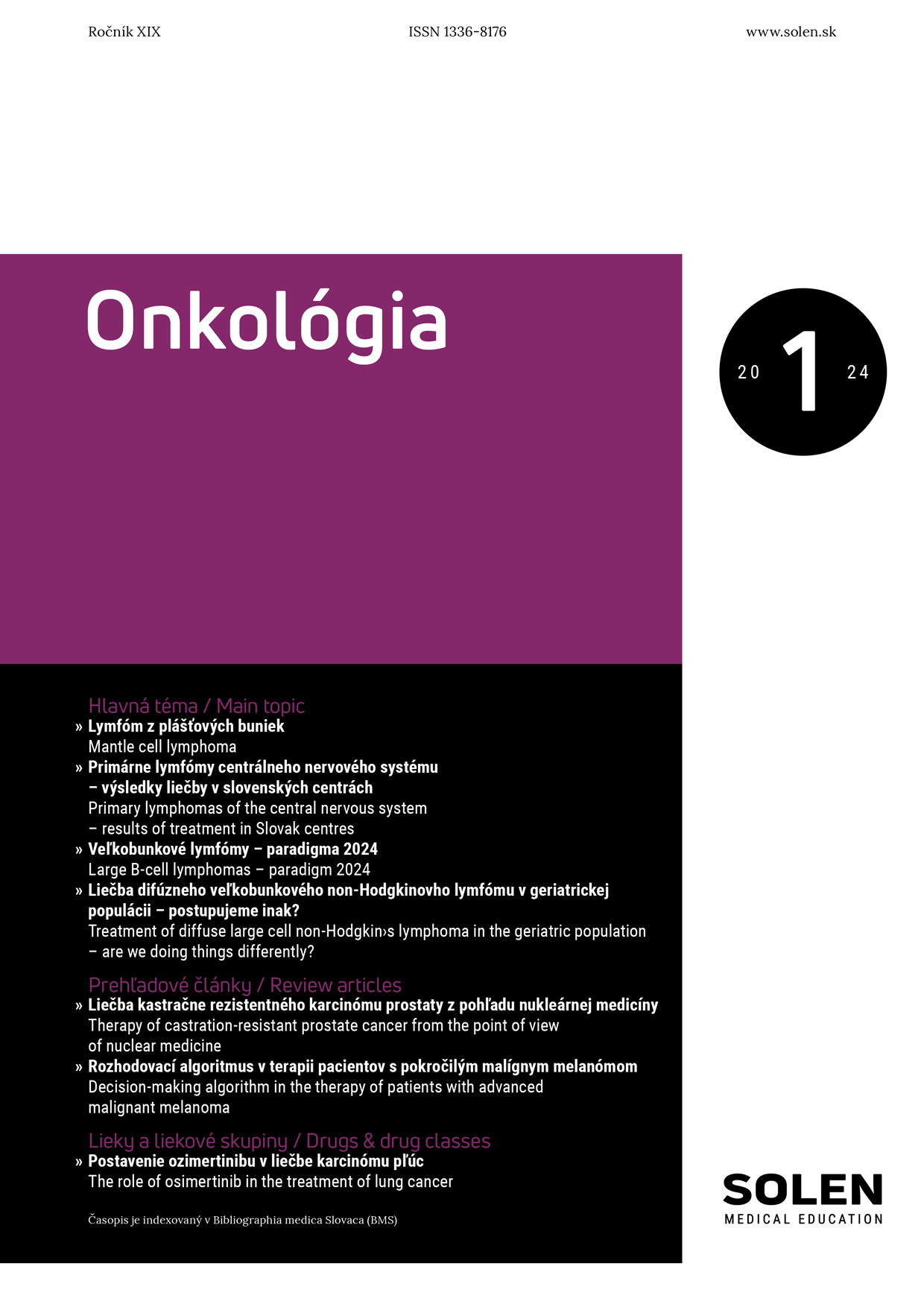
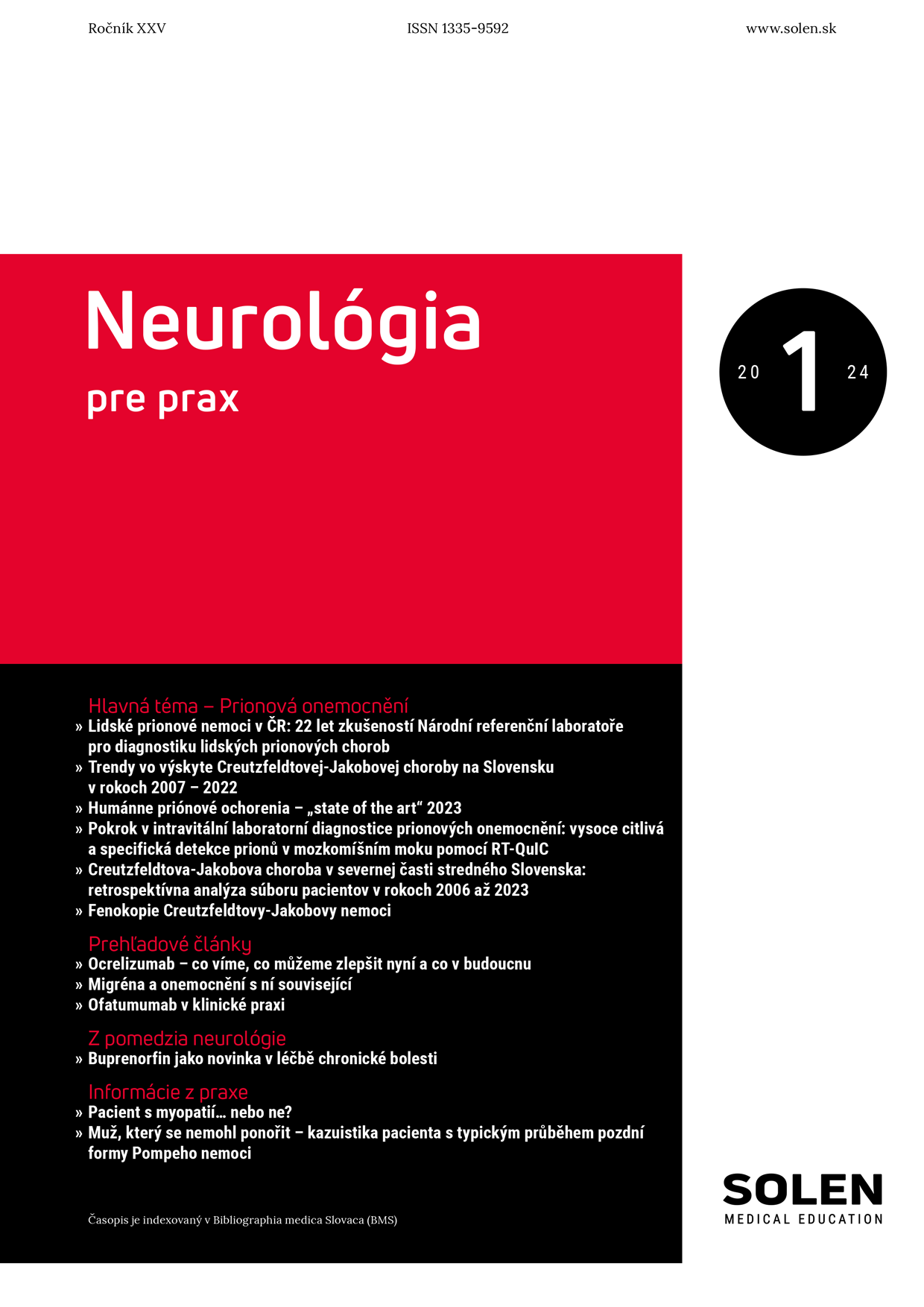
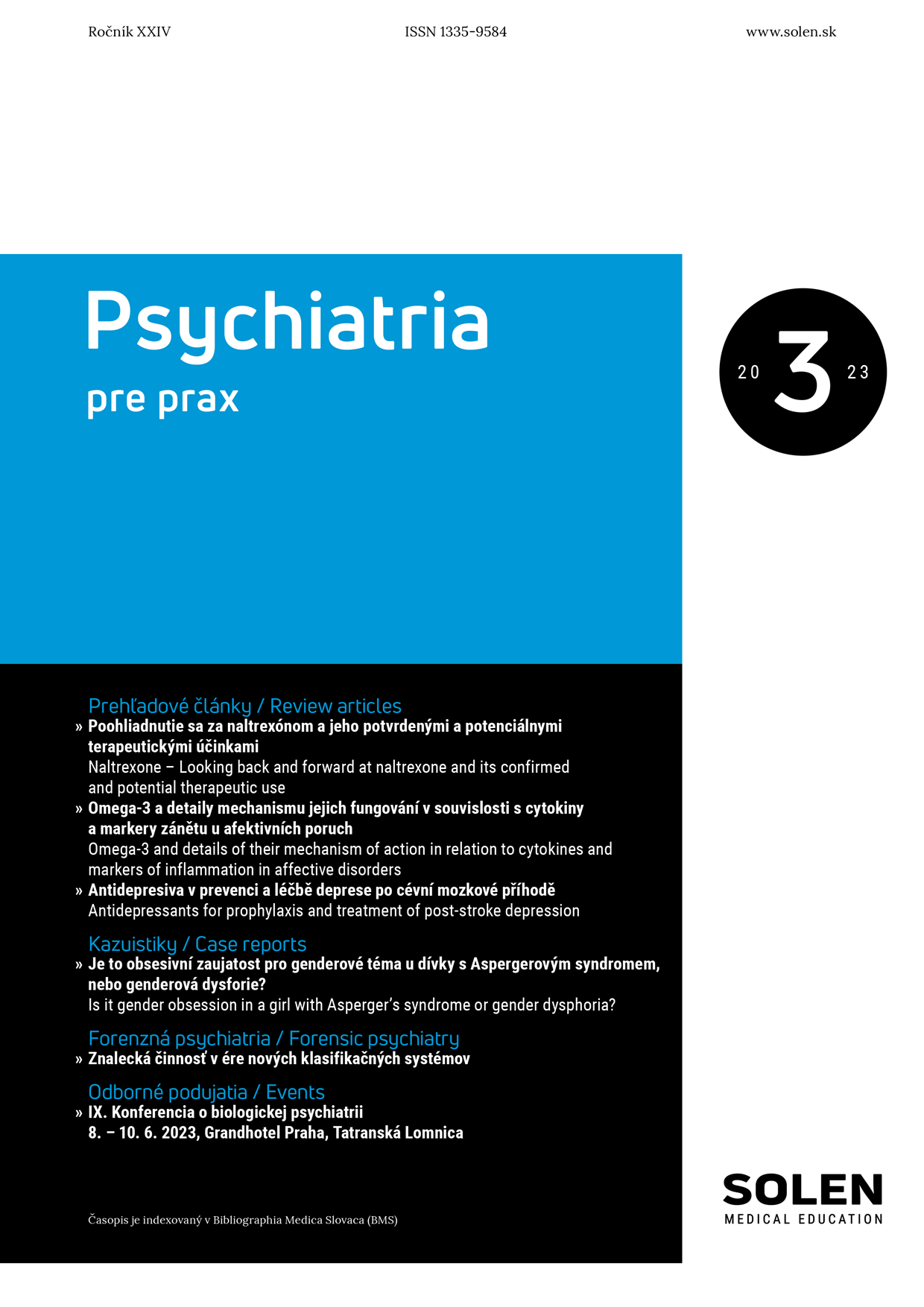
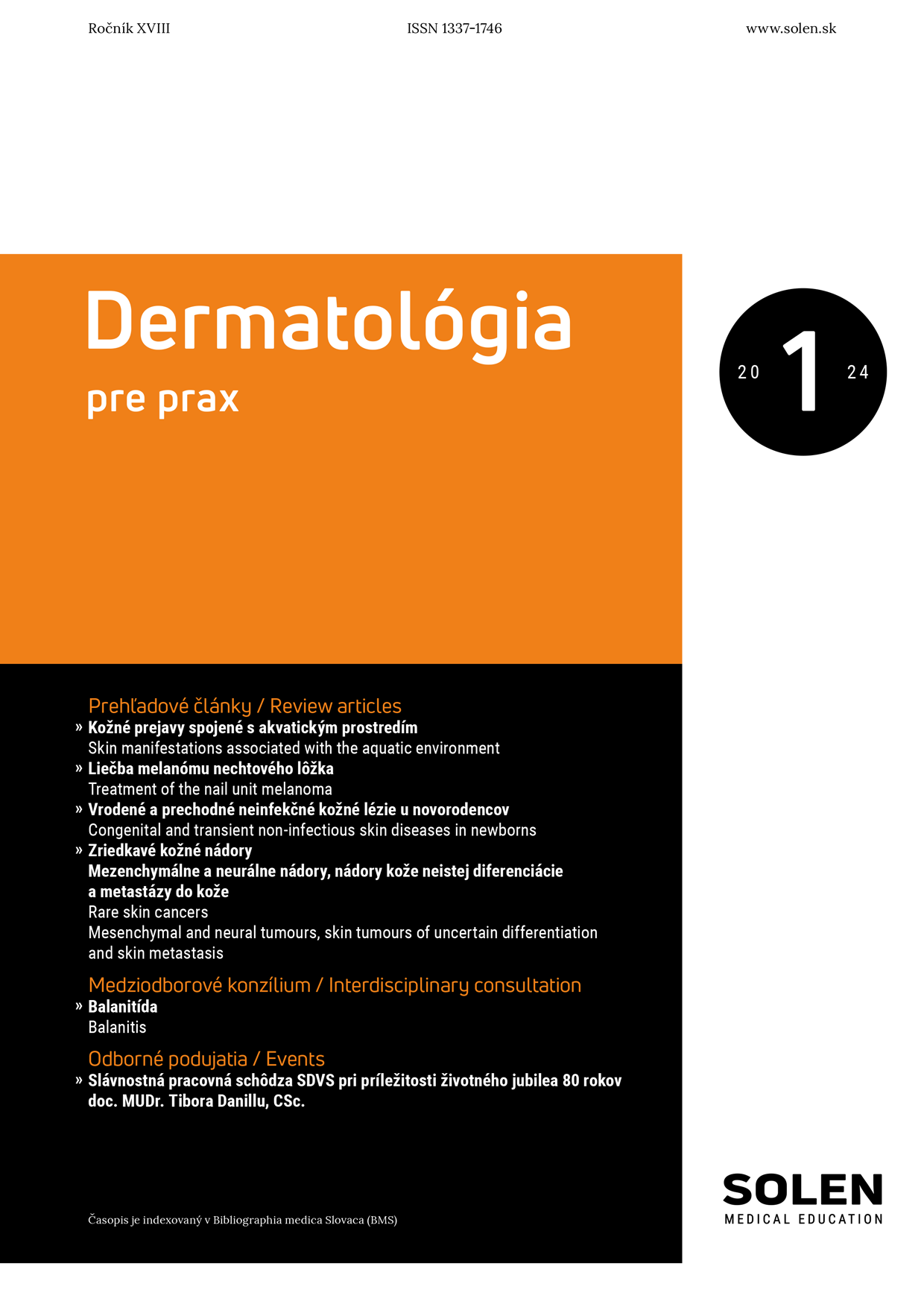
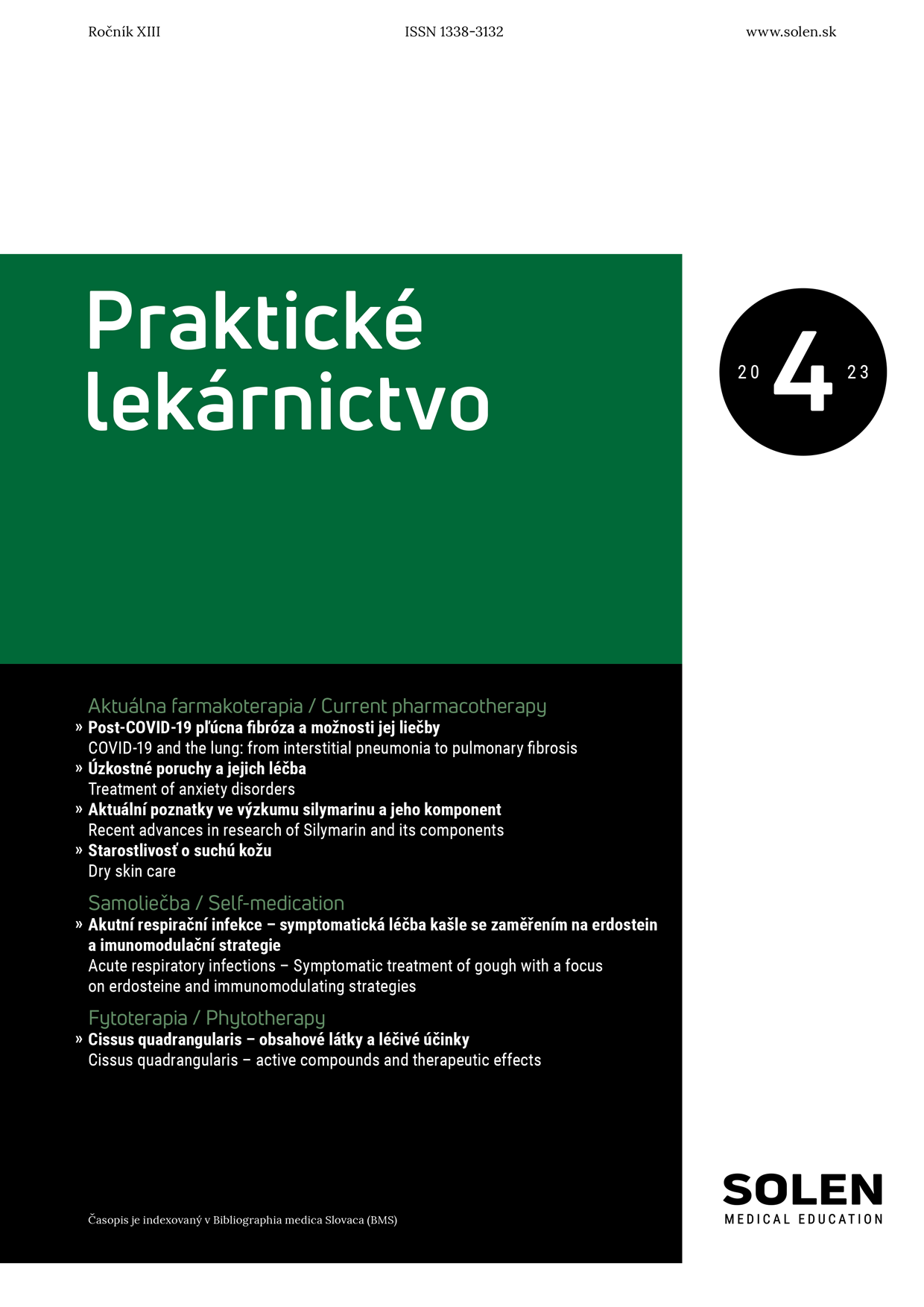
-1.png)
